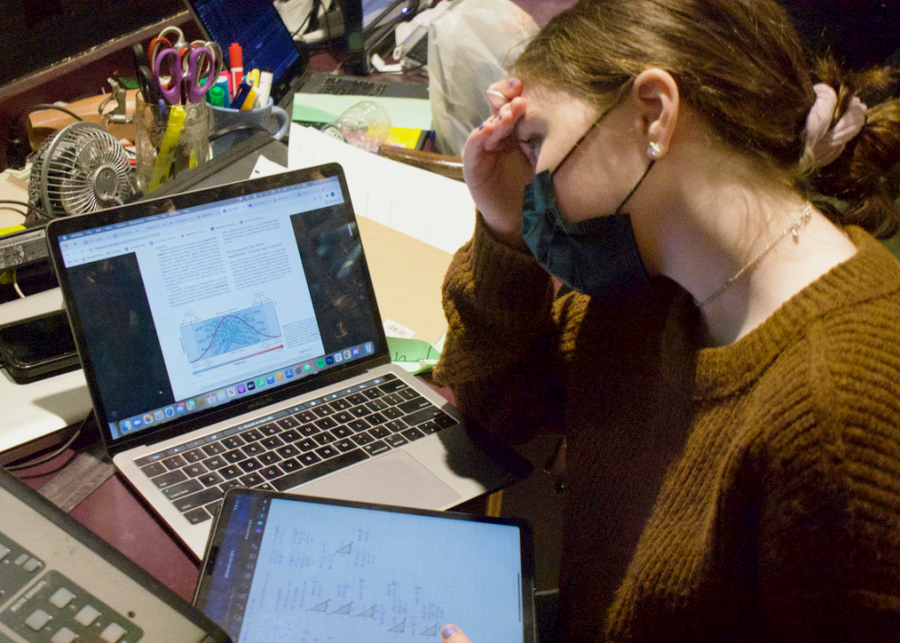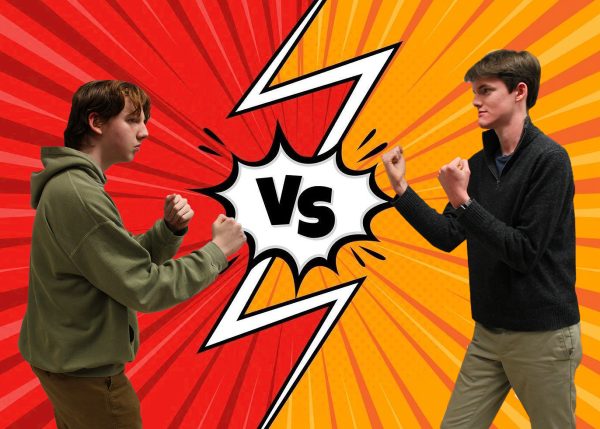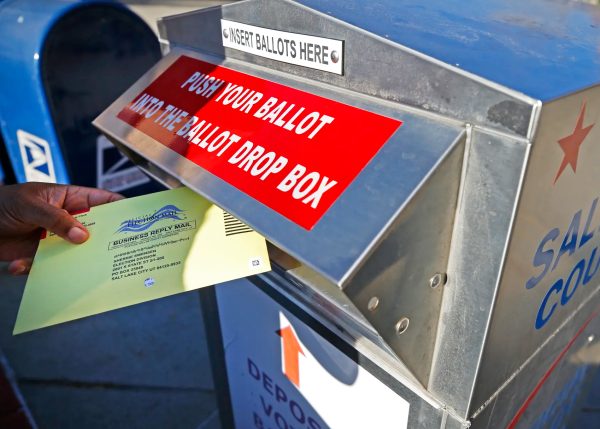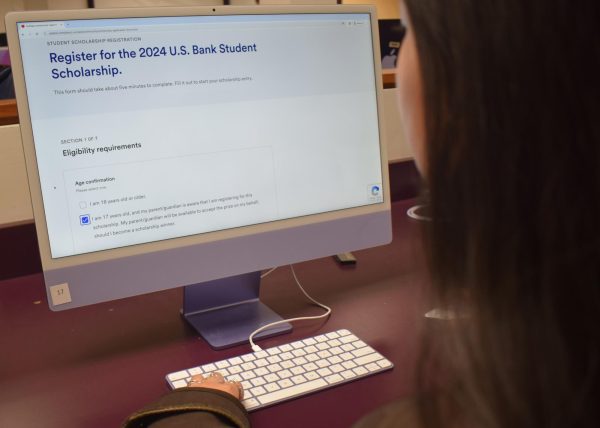Toxic Productivity is the New Burnout
Oftentimes on school holidays or on days off, students spend their time getting ahead academically, committing to extracurriculars or pursuing a new activity rather than taking a mental or physical rest. Many high school students feel that they are never doing enough. Boston Latin School students, especially, associate academics with productivity and anything unrelated with unproductivity. This builds a toxic mindset that causes students to fall into a void of living for the future instead of in the present.
BLS can be a stressful environment, which may lead to students constantly feeling that they are underachieving. BLS Latin teacher Mr. John Kerpan says, “There are real-world pressures [like] college, parental approval and athletic expectations that are putting a huge amount of pressure on students, and trying to keep up with it all is unhealthy, but [it is] the norm. The fact that some people seem to thrive under that pressure only reinforces the idea that students should be able to do this, that you need to do it all to be successful, and if you cannot, you must be some sort of failure.”
Because of this pressure, students overload their plates — they begin taking on too many activities without knowing how much is too much. This ultimately has a heavy impact on their mental health, leading to feelings of anxiety, fatigue and eventually, burnout. BLS students often set unrealistically high expectations for themselves, and when they are not able to meet every single expectation, many find themselves believing that it is the equivalent to failing.
Many high school students already struggle with time management. Additionally, the pressure to succeed in a variety of extracurriculars leaves no time for many students to sort out their schedule. Not only do teenagers now lack free time, but they also begin participating in extracurriculars for the wrong reasons.
Think of the BLS Debate Club, the Argo, Model United Nations and other clubs that have strong reputations of being notable assets to one’s resume. While these clubs are enjoyable to many, they also spark interest in others because of their high reputation. This leads to many students joining extracurriculars with the intentions of merely “getting involved” or of one day adding an authoritative-sounding position to the Common App.
As William Hu (I) puts it, “Yes, there have been times where I’m just like, what am I doing? I am drenched in work. I can’t hang out with friends. I have this and this to do after school, [it] just becomes so laborious. I don’t want to do anything anymore. And it’s kind of ironic, really, because you want to do so much. But at the same time, you lack the motivation to do anything at all.”
Hu describes a common feeling among many students. The more work one forces themselves to do, the less motivation they have to do everything else. Students should instead try to participate in extracurriculars that interest them. The result is fewer activities, but a higher chance of success because there is real motivation in participation.
BLS guidance counselor Mr. Samson Luu stresses the importance of quality over quantity, saying, “For example, if sports are your passion and that is all you can manage after school, then be committed to that. If you have to work after school because your family depends on your income, there is no expectation that you are supposed to commit to five other things. Colleges would like to see well-roundedness, but oftentimes students misinterpret this as a requirement to be involved in ten different clubs and organizations. I always encourage students to find activities that are meaningful to them and not just necessarily something to check off a box.”
Furthermore, this toxic productivity mindset forces students and even friends to view each other as competition. Since sixie year, students have constantly been told that they may have once been the top student in their class, but at BLS, everyone was once a top student. While this is supposed to remind students to work hard, it unintentionally nurtures unhealthy competition among students.
Friends can subconsciously turn into each other’s greatest and toughest competition. Oftentimes friends have the same interests and join the same extracurriculars. This, however, turns into a race of who can have a higher position in said club. These friendships are, no doubt, genuine, but this competition in the back of one’s mind can still be a malign force in their relationship.
Sam Chen (III) says, “If we are treating school and life like a game of ‘I win, you lose,’ our relationships are at a fundamental level, incredibly fake. The success of others is somehow now a bad thing.”
Remember that one is worth more than their academic achievements and extracurriculars. This advice has been repeated countless times to teenagers everywhere; nevertheless, it remains a fact, not just a hollow cliché. It is always hard to obtain a healthy balance among mental health, social life, academics, extracurriculars and self care. Take breaks, and spend time with friends and family instead of squeezing work into so-called free time. Productivity is not maintaining straight As and Bs or becoming an officer in multiple clubs; rather it is spending one’s energy in an effective and positive way.







